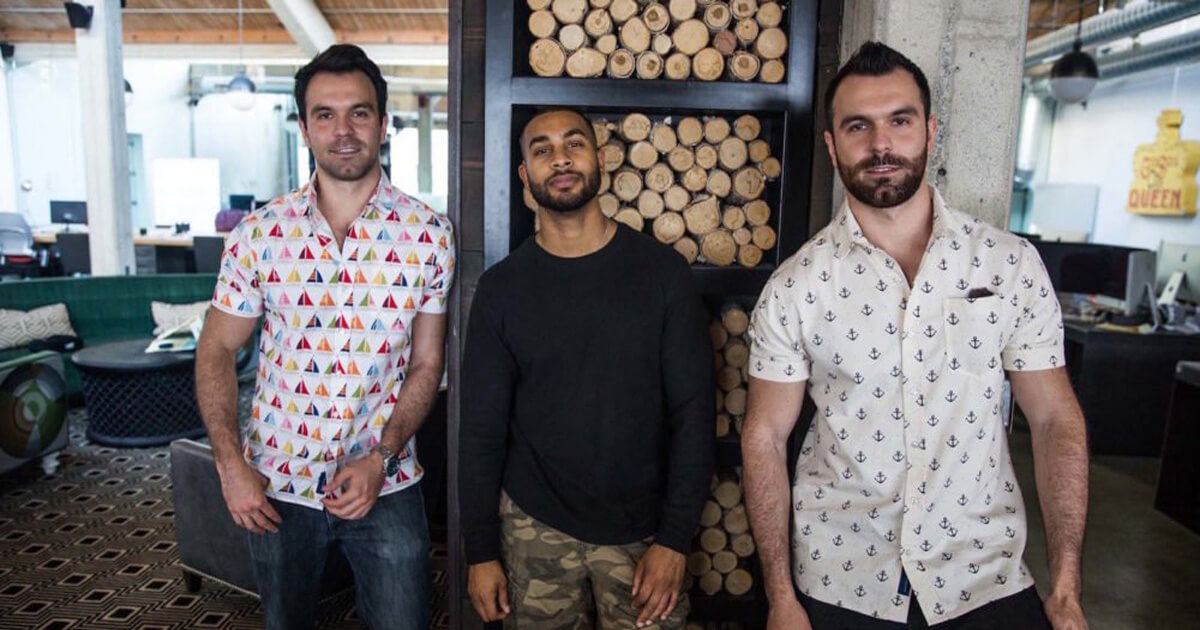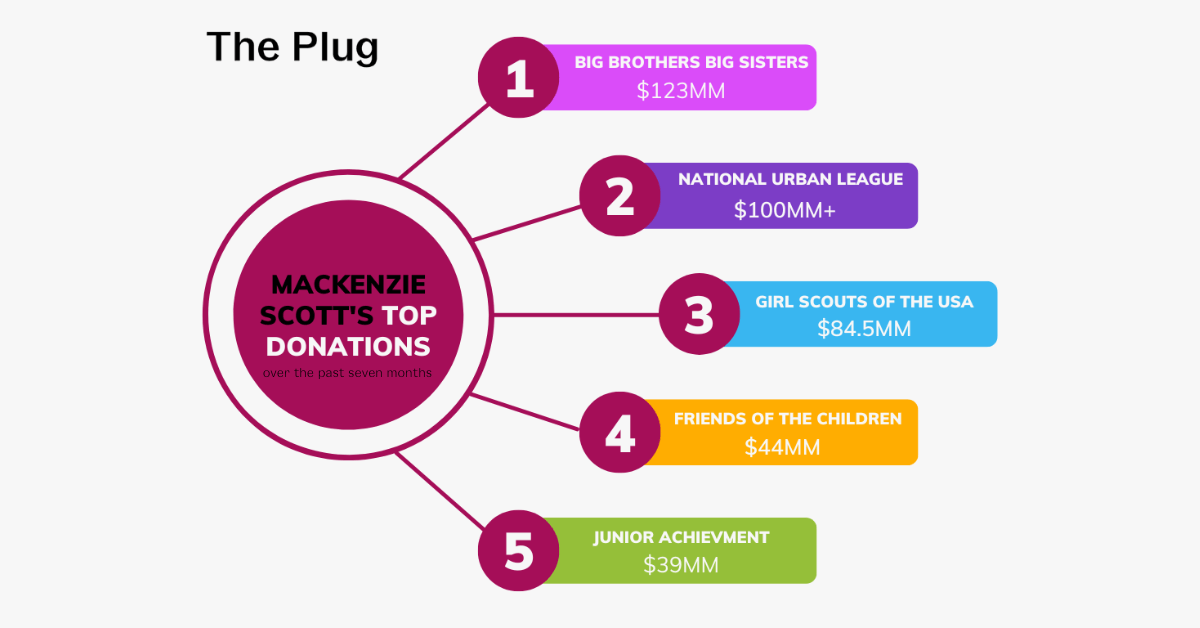At a time where mounting job losses and unemployment is rising, and service-based jobs are threatened by higher adoption of automation tools, America’s workforce is uniquely desperate for solutions to retrain and re-skill its workers in an increasingly technology-driven economy.
Technical job training matching site Career Karma, who announced today the close of a $10 million Series A, is proving that it has become a formidable player in addressing a long-standing problem in getting Americans onboarded into the workforce of the future.
“There’s a need and a massive problem to solve in the increased demand for skill training.” said Ruben Harris, co-founder and CEO of Career Karma. The site has positioned itself as an accessible middleman, optimizing the search process for those seeking out guidance and career support before committing to one of the country’s over 100 coding bootcamps in software engineering, data science, UX/UI design, cybersecurity, and even sales;
Career Karma earns a commission from the independent bootcamps and coding programs when students enroll in training. “We’ve been profitable over the last 5 months,” said Harris.
One thing Career Karma has mastered: targeting people of color. With a team of people traditionally underrepresented in tech, the brand has uniquely become the connector in creating digitally safe spaces where aspiring techies from underrepresented backgrounds find their place at home.
—
Harris says that growth since the pandemic has proliferated exponentially. They’ve gone from thousands of unique viewers on the platform each month to over 1 million unique visitors looking for career advancement today.
Majority of those who are on the platform are people of color between the ages of 25 and 35 years old hailing from across the country but particularly in geographies like San Francisco, New York City, and the southeastern parts of the U.S. with rising users coming from heartland cities in Indiana, Idaho, and Kentucky.
There’s even a growing demographic of aspiring techies in their 50s and 60s forming groups on the platform under the moniker “code grey”.
The Expansion Ahead
Investors in the company’s Series A include Initialized Capital, Emerson Collective, Softbank’s Opportunity Fund, Imaginable Futures, Kapor Capital, Unshackled Ventures, 4S Bay Capital, and 61xth Event Fund.
Harris says that Career Karma will focus on expanding its team of 50 employees over the next year, including adding senior-level talent to lead operations, engineering, and other key roles. Within the next 6 months, they’ll make at least 15 new hires, of which the company will continue ensuring a team of employees from diverse backgrounds.
Critical Momentum
The bootcamp training market sits at over $300 million and growing. By the end of 2020, roughly 35,000 students will have graduated from one of these programs which charges between $7,500 and $40,000 for a 14 to 24-week course offered part-time or full-time, and now, mostly online.
Career Karma facilitates the search of finding the exact program for you. Their platform is comprehensive and slightly intense: where other matching sites simply ask users to answer a series of questions, and back end algorithms spit out recommendations based on responses, Career Karma takes the extra step to make the process of finding the right fit a mix of tech and a great deal of high-touch hand-holding.
There’s a deeply-involved customer journey that follows, including a series of welcoming text messages, a phone call from a support rep, a live orientation (which Harris leads himself), one-on-one coaches (many of whom are former Career Karma clients), and a barrage of emails that get you further embedded into the Career Karma support community.
Harris describes the process as one that helps people think about what they might most be interested in before making a commitment, especially if they have no prior knowledge of any of the technical fields or roles when they’re first coming to inquire about programs. Where it might take potential students 6 to 12 months to make the choice to enroll in a program, Harris says that Career Karma shortens that timeline on average to just 30 days.
The company names partners like Goodwill, Oakland-based nonprofits, and national GED programs who funnel their graduates onto the Career Karma platform.
Betting Big
Kesha Lake is one of Career Karma’s over 3,000 student success stories. A proud wife and mother of two, Lake is a front-end engineer at StitchFix—a job she landed just three months after completing the full-stack software developer course with Flatiron School.
Based in Atlanta, she’d connected with the Career Karma platform following a friend’s advice to look into careers within tech. While she’d done a 10-year stint at a variety of colleges, she hadn’t yet earned a degree. A last resort to find a stable career was to complete nursing school, following in the footsteps of her Caribbean family who had mostly earned medical degrees and encouraged her to start a career in healthcare where Lake could earn upwards of $70,000 a year.
“I had stereotypes of what engineers were like. I thought that I would get scoliosis sitting in a dusty corner,” jokes Lake, who has been in her role at StitchFix a little over a year. “I didn’t expect it to be collaborative and people-centered. There’s room for challenge and you’re constantly pursuing mastery. “
Lake, who earned $98,500 at the start of her newly minted career and has since earned a promotion, has since referred 12 people to the Career Karma platform.
And, while her family was skeptical at first, even Lake’s father is now spreading the word at his church. “ “Now, all they say is can you convince your brother to do this thing?.” says Lake.
*An earlier version of this article stated that unique visitors to the Career Karma site had reached 20 million viewers per month. We regret the error.








